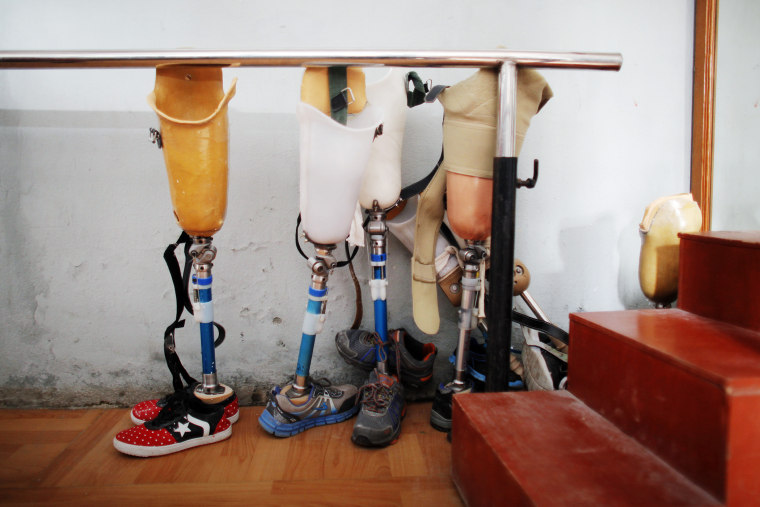Every December 3rd, the United Nations honors the disabled with International Day of Persons with disabilities.
Many of those who suffer from physical and mental disabilities face obstacles that create an uneven playing field with the rest of the population, ranging from impeded transportation to a lack of consideration for some professional opportunities; 15% of our global population is afflicted with disabilities, according to statistics published by the UN.
Here are some quick facts that illustrate why the UN considers those with disabilities to be "the world's largest minority."
- Over 1 billion people have some form of disability.
- Over 100 million disabled persons are children.
- 50% of disables persons cannot afford health care.
- 80% of all people with disabilities live in a developing country.
- Children with disabilities are nearly four times as likely to experience violence than children who are not disabled.
Disabilities are wide ranging and each one presents a unique set of challenges. This year's day of remembrance is stressing the importance of integrating those with mental health disabilities into a society with the same vigor as those with physical disabilities.
As sociological evidence suggests in UN reports, when those with disabilities are active members of their community, society benefits. With International Day of Persons with Disabilities, the United Nations aims to empower those with mental and physical disabilities so they can avoid the heartbreaking trappings of poverty, violence and social admonition.
